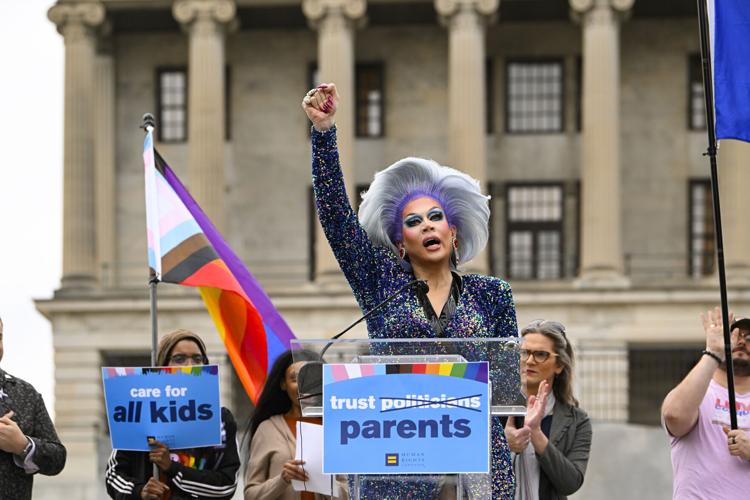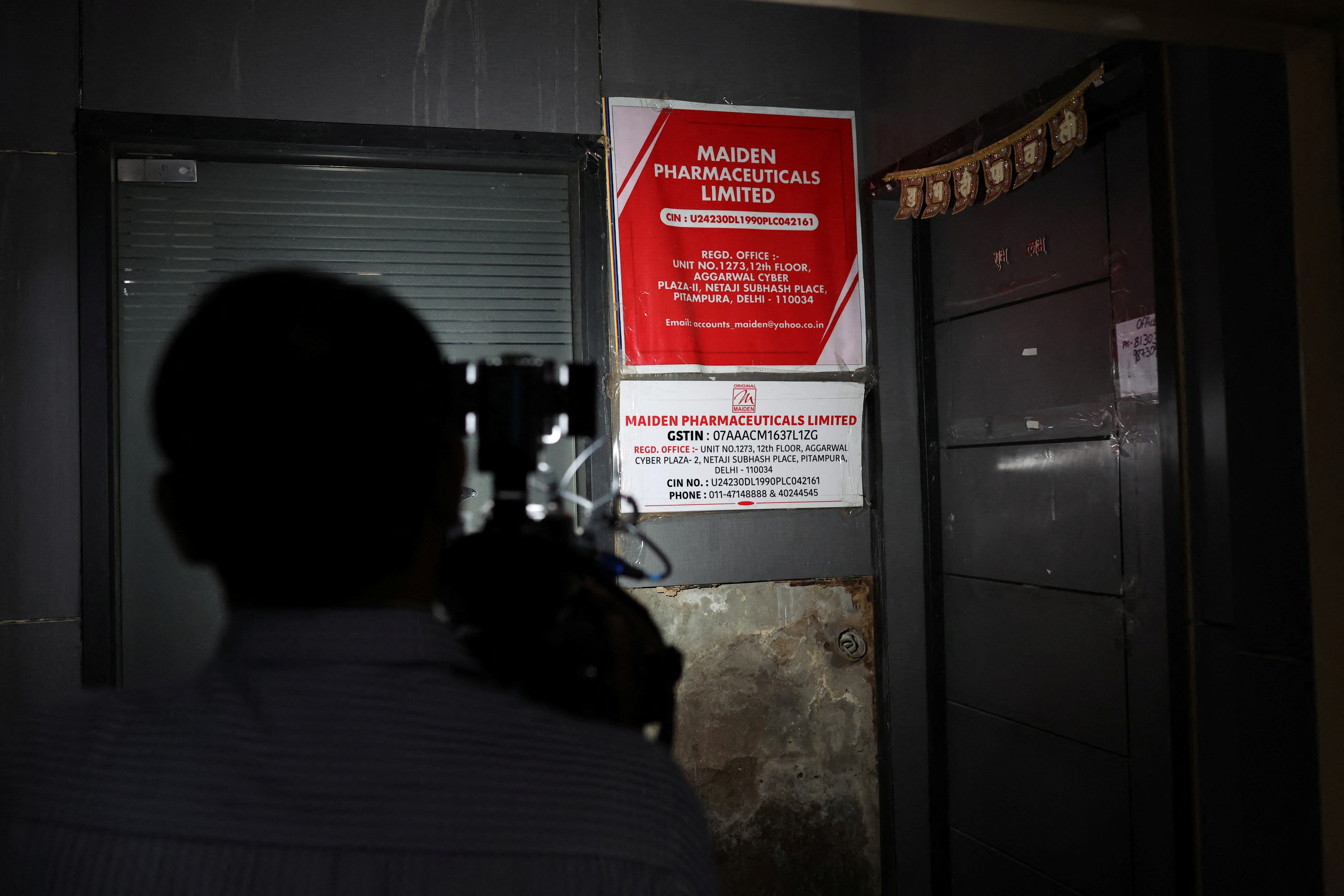Florida professor to live 100 days underwater to conduct medical research

Miami, Mar 2 (EFE).- An associate professor at the University of South Florida (USF), Joseph Dituri, is preparing to live for 100 days underwater in the Sunshine State to carry out medical and marine science research, as well as to study how the human body responds to long-term exposure to extreme pressures.
The Project Neptune 100 mission, as Dituri has dubbed it, began on March 1 and will end, if all goes according to plan, on June 9.
Dituri, a 55-year-old retired US Navy commander with a doctorate in biomedical engineering, since Wednesday has been living inside the submarine shelter at MarineLab, a facility operated by the Marine Resources Development Foundation in Key Largo, Florida.
He plans to spend 100 days some 30 feet below the waters off Key Largo in a 100-square-foot habitat located at the Jules Undersea Lodge in a Key Largo lagoon, USF said in a statement.
The habitat was originally an underwater marine research lab but it was converted into a lodge in 1986, with two private bedrooms and a common room, according to the lodge’s Web site. It attracts both tourists and scientists.
The announcement said that a medical team will document Dituri’s health for the next three-plus months, diving down periodically to the habitat to perform assorted tests upon him.
Before, during and after the project, the plan is for Dituri to undergo psychosocial, psychological and medical testing, and a psychologist and a psychiatrist will document the mental effects of being in an isolated and confined environment over a prolonged period, a situation similar to a space flight.
Dituri said in a statement that the human body has never been below water for this amount of time and so he’s going to be closely monitored.
He said he believes that his health will improve during the project and mentioned that a recent scientific study concluded that cells exposed to greater pressure doubled in five days.
This suggests that the increased pressure has the potential to allow humans to increase their lifespan and may prevent diseases associated with aging, according to the communique.
They think that he’s going to come out as a “super human,” Dituri said jokingly.
The former Marine also thinks that the results of his mission will be important for the future of long duration spaceflights, including missions to Mars, as well as for undersea exploration, a statement from the Florida Keys news office said.
While he is underwater, Dituri will teach regular online classes, including the hyperbaric medicine classes that he already teaches at USF and university-level courses on biomedical engineering for high school students.
The 100-day mission includes testing new technologies, including an artificial intelligence tool developed by a colleague that can detect illnesses in the human body and determine if a person needs medical treatment or medication.
It will also provide an underwater forum for other scientists to gather and debate ways to “preserve, protect and rejuvenate” the marine environment, the professor said.
Dituri said that “everything we need” to survive is here on Earth, adding that he suspects that the cure for many diseases can be found within as yet undiscovered organisms in the oceans, but to determine this “we need more researchers.”
The professor discovered his passion for science while he was serving in the US Navy, where he spent 28 years as a saturation diving officer.
After retiring from the Navy with the rank of commander in 2012, Dituri enrolled at USF to pursue Ph.D. studies and learn more about traumatic cerebral injuries.
He said that many of his male and female colleagues in the military suffered traumatic brain injuries and he wanted to learn how to help them, adding that he knew quite well that hyperbaric pressure could increase blood flow to the brain and he posed the hypothesis that it could be used to treat traumatic brain injury.
The record for humans living underwater at ambient pressure is currently 73 days and was set in the lodge where Dituri is staying in 2014 by US teachers Bruce Cantrell and Jessica Fain.












